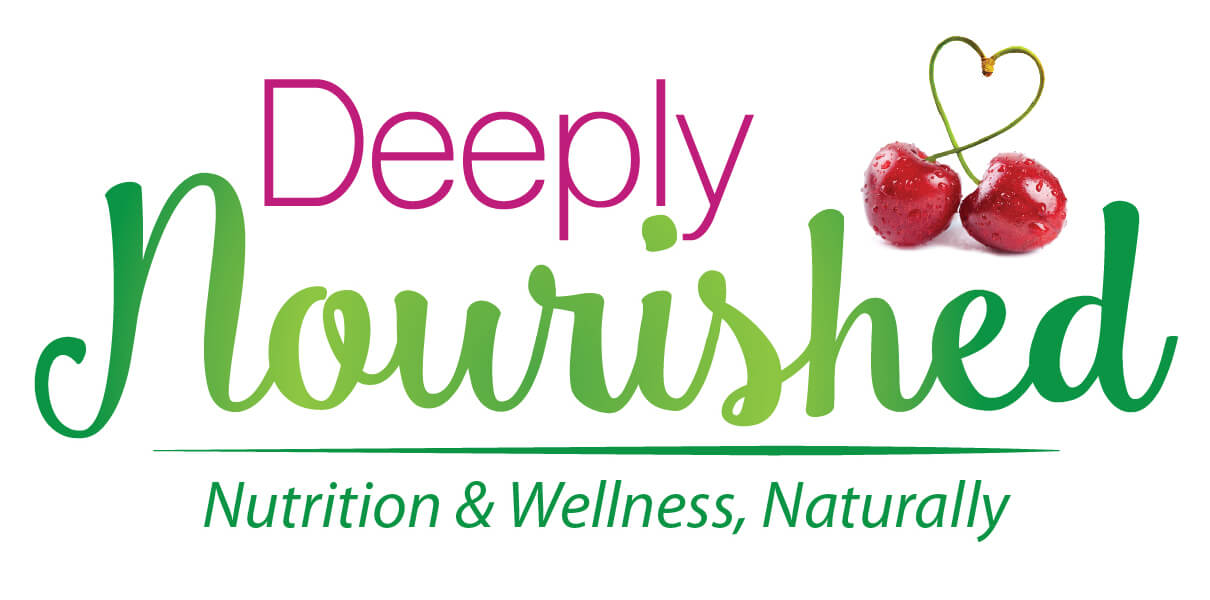Doesn’t it drive you crazy…one day you hear coffee is good for you, and the next day you should avoid it! In this blog we’ll explore some of the positives and negatives of coffee consumption, so you can make an informed decision about it.
Just like any food, coffee can affect people differently. There is actual science behind why this is so.
A 2018 study notes that the compounds in your coffee depend on a host of factors;
“Coffee is a complex mixture of chemical compounds, and its composition varies according to the coffee bean species, the roasting process (speed, time, and temperature), and the grinding and brewing process (water/coffee grounds ratio, coffee grind size, water temperature, duration, and methods).”(1)
This may explain why my husband can drink all coffee brands except for Tim Hortons, because it gives him heartburn! It also explains why coffee contains anywhere from 50-400 mg of caffeine/cup, averaging around 100 mg/cup.
Second, your genetics and your bio-chemical individuality will determine how your mind and body reacts to coffee.
It also has to do with your body becoming more tolerant to long-term caffeine use. Many people who start drinking coffee feel the effects a lot more than people who have coffee every day.
Let’s look at caffeine metabolism, effects of coffee on the mind and body, and then I’ll give you some things to consider when deciding if coffee is for you or not.
Caffeine metabolism
Not all people metabolize caffeine at the same speed. How fast you metabolize caffeine will impact how you’re affected by the caffeine. In fact, caffeine metabolism can be up to 40x faster in some people than others!
About half of us are “slow” metabolizers of caffeine. We can get jitters, heart palpitations, and feel “wired” for up to 9 hours after having a coffee. The other half is “fast” metabolizers of caffeine. They get energy and increased alertness and are back to normal a few hours later.
This is part of the reason those headlines contradict each other so much – because we’re all different!
The effects of coffee on mind and body
There are a ton of studies on the health effects of coffee, and whether coffee drinkers are more or less likely to get certain conditions.
NOTE: A 2018 meta analysis of 29 studies looking at coffee’s impact to our health noted that its effects apply to both regular and decaffeinated coffee. So while caffeine itself provides some of the benefits (i.e. stimulating our brain and bodies, thereby improving mental and physical performance), the multitude of other compounds in coffee also play a role.
The Pros
Here’s some of the benefits of regular coffee consumption:
- Stimulates the brain, increasing alertness
- Boosts metabolism (therefore helpful for weight woes)
- Boosts energy and exercise performance
- Decreases inflammatory biomarkers.
- Lower risk of developing type 2 diabetes and its co-morbidities (obesity/excess weight and metabolic issues)
- Modulates gut flora in a favorable way
- Contains high amounts of antioxidants
I should also point out that coffee consumption has been associated with lower risk of some diseases. However, coffee intake is certainly not the biggest factor that will protect you from any particular condition or disease. Eating a nutrient-rich diet low in processed foods, reducing stress, adequate sleep and regular exercise is far better insurance!
The Cons
As with any food topic, there’s two sides to it!
- Caffeine addiction and withdrawal symptoms (e.g. a headache, fatigue, irritability)
- Potential for sleep disruption
- Increases your stress hormone, cortisol
- Being a diuretic, too much coffee can dehydrate
As a holistic health practitioner, the biggest concern for me is the increase in cortisol. Most of us are already over-stressed, meaning our cortisol levels are already higher than is helpful. High cortisol leads to poor sleep and, if prolonged, interferes with cortisol’s other important functions of hormone regulation….hello blood sugar issues, under-functioning thyroid (and adrenals), and it can even block progesterone receptors!
Should you drink coffee or not?
There are a few things to consider when deciding whether you should drink coffee. Caffeinated coffee is not recommended for:
- People with arrhythmias (e.g. irregular heartbeat)
- People who often feel anxious
- People who have trouble sleeping
- Pregnancy
- Children and teens
- Anyone with diarrhea (coffee stimulates peristalsis)
On the other hand, if you suffer from constipation, coffee may help because of its stimulation of your intestines. If you’ve been diagnosed with IBS, talk to your nutritionist or dietician, as coffee can be a trigger food.
It can also trigger acid reflux/heartburn in susceptible individuals. If this is you, I suggest weaning yourself off coffee over the course of one week, then strictly avoiding it for the next two weeks. You can then reintroduce it and see how your body responds.
Caffeine can take up to ten hours to leave our system. So if you’re a problem sleeper, limit caffeine to morning consumption, and consider switching to decaf – which still has small amounts of caffeine.
If any of this caused you to wonder whether coffee might be contributing to a particular issue you have, try eliminating it for two weeks and observing how your body and mind respond. Don’t just quit caffeine cold turkey though. It’s an easier transition to wean yourself off over one week by combining half regular with half decaf, then move to decaf, and then avoid completely.
For those of you who already know coffee is staying in your diet, check out my dressed up version, Pumpkin Spice Latte, here.
References:
https://authoritynutrition.com/coffee-good-or-bad/
http://www.precisionnutrition.com/all-about-coffee
http://www.health.harvard.edu/staying-healthy/a-wake-up-call-on-coffee
http://www.health.harvard.edu/blog/can-your-coffee-habit-help-you-live-longer-201601068938
http://suppversity.blogspot.ca/2014/05/caffeine-resistance-genetic.html
https://authoritynutrition.com/how-much-coffee-should-you-drink/
https://www.researchgate.net/profile/Mattias_Carlstroem/publication/327600659_Long-term_effects_of_coffee_and_caffeine_intake_on_the_risk_of_pre-diabetes_and_type_2_diabetes_Findings_from_a_population_with_low_coffee_consumption/links/5ba8aa8045851574f7e1fe25/Long-term-effects-of-coffee-and-caffeine-intake-on-the-risk-of-pre-diabetes-and-type-2-diabetes-Findings-from-a-population-with-low-coffee-consumption.pdf

